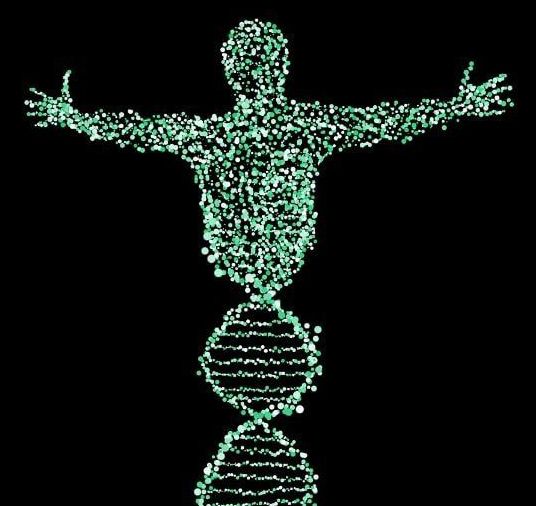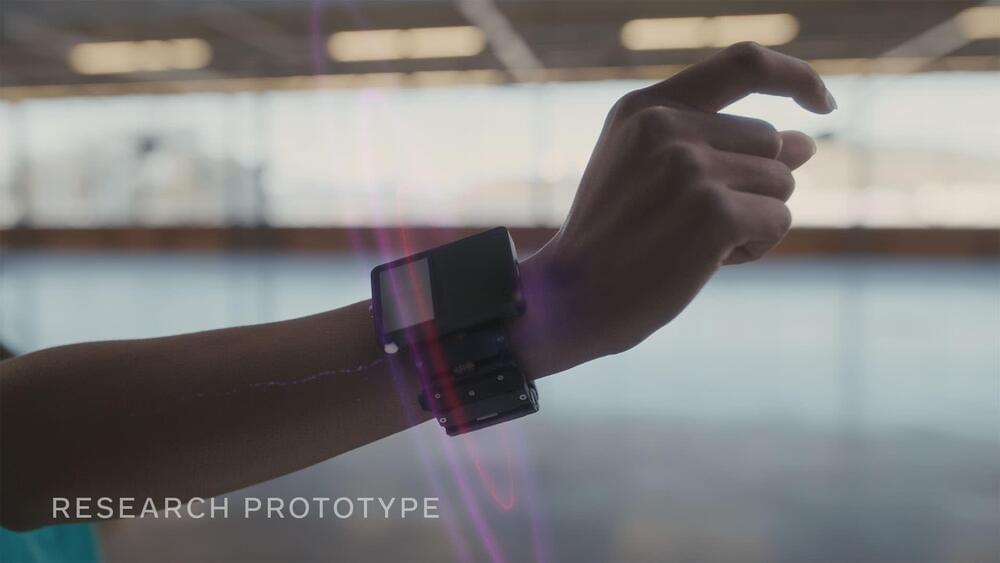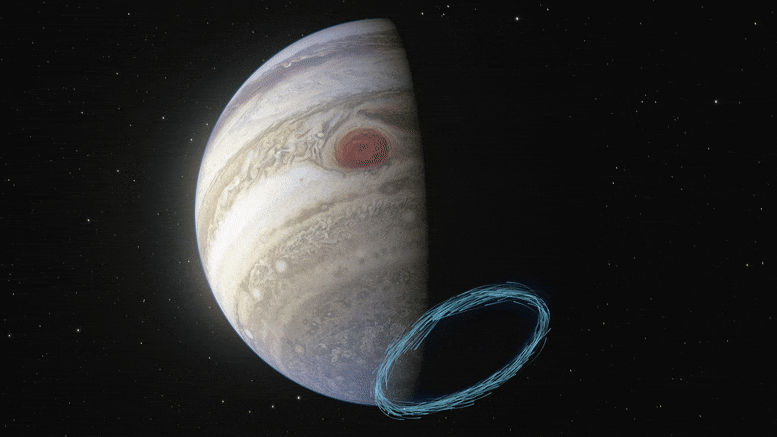Microgrids can connect and disconnect from the grid. By operating on normal “blue-sky” operating days as well as during emergencies, microgrids provide uninterrupted power when the grid goes down — and reduce grid constraints and energy costs when grid-connected. Previously the sole domain of military bases and universities, microgrids are growing 15% annually, reaching an $18 billion market in the U.S. by 2022.
For grid resiliency and reliable power supply, there is no better solution than community-scale microgrids that connect critical infrastructure facilities with nearby residential and commercial loads. Funding feasibility studies and audit-grade designs — so that communities have zero-cost but high-quality pathways to constructable projects, as New York State did with the NY Prize initiative — is a proven way to involve communities in their energy planning and engage the private sector in building low-carbon resilient energy systems.
Unpredictability and complexity are quickening, and technology has its place, but not simply as an individual safeguard or false security blanket. Instead, technology should be used to better calculate risk, increase system resilience, improve infrastructure durability and strengthen the bonds between people in a community both during and in between emergencies.





